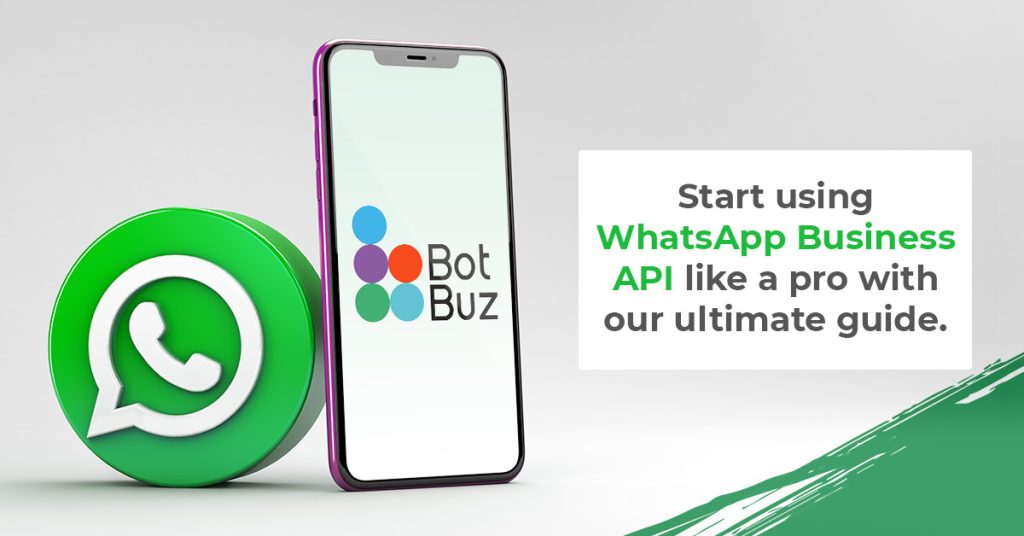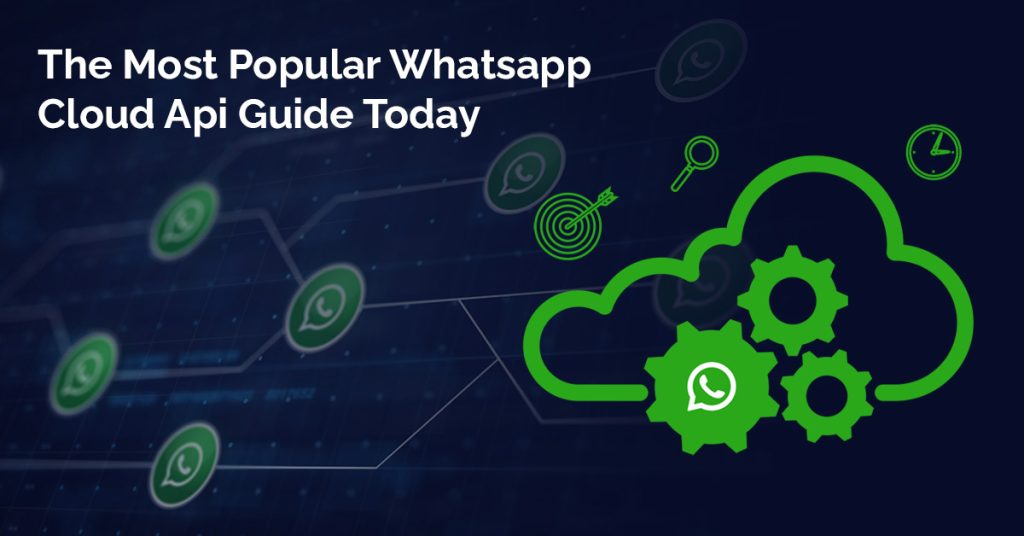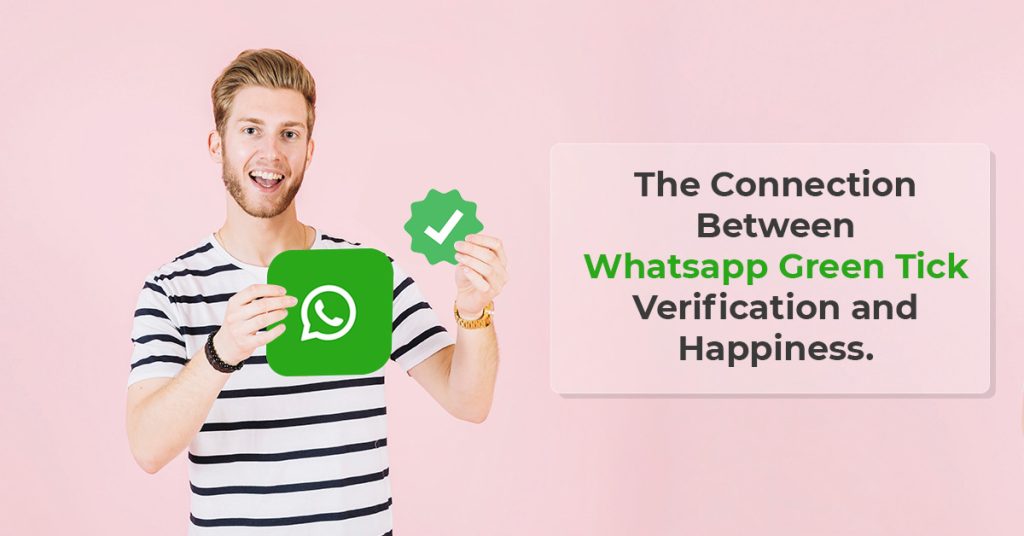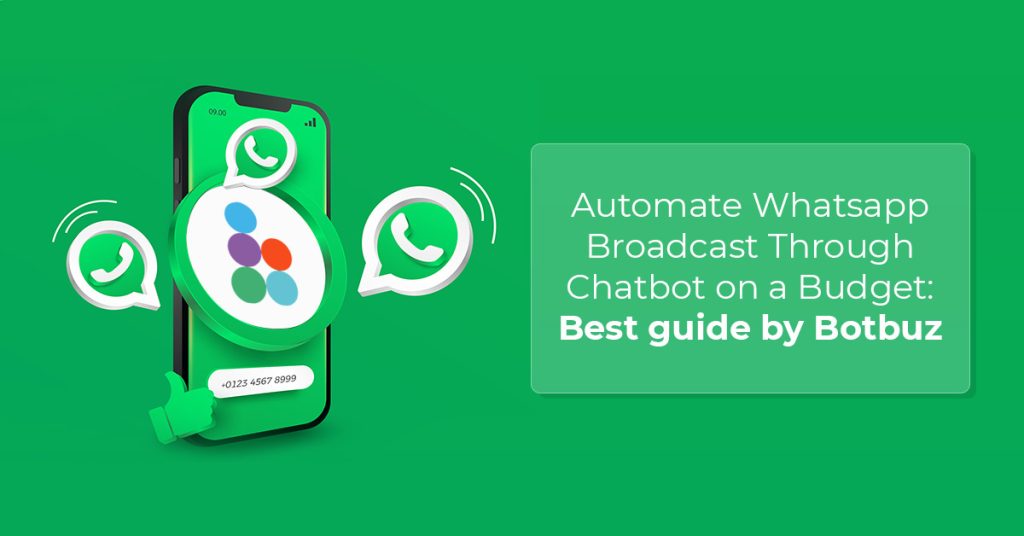- Digital Payment Evolution :
- What is WhatsApp Payments ?
- Why WhatsApp Payments Matters for Businesses ?
- Convert Conversations into Sales with WhatsApp Payments :
- Drawbacks of Conventional Payment Methods :
- Industry-Based Use Cases for WhatsApp Payments :
- How Do WhatsApp Payments Work ?
- Using Botbuz Chatbot for WhatsApp Payments :
- Botbuz Powerful Features for Hassle-Free Payments :
Digital payment evolution :
For a long time, we used cash and coins. Then came cards, like credit and debit cards, which made paying easier than carrying around lots of cash, especially for bigger things. Online banking was another step. It lets us handle money and pay bills using computers.
But things really sped up with smartphones. Now, most people have these powerful mini-computers in their pockets. It made sense for payments to move there too. So, we got things like mobile wallets and apps that let us pay with our phones. It is often just by tapping or scanning something. This mobile-first approach has made paying super convenient.
Now, think about WhatsApp. It’s an app that almost everyone uses to chat with friends and family. WhatsApp Payments is like adding a way to send and receive money right inside this app. Because so many people already use WhatsApp, it has a huge opportunity in the world of business.
Imagine a small shop owner. Instead of needing a separate machine or app to take payments, they could potentially receive money directly through WhatsApp from their customers. It could make things much simpler for both the business and the buyer. So, WhatsApp Payments has the potential to be a big deal for how businesses handle transactions in the future.
What is WhatsApp Payments ?
Think of it as a way to send and get money right inside your WhatsApp chats, just like sending a photo or a message. It’s designed to make paying people and businesses super easy without needing to open another app.
It started as an experiment in India a few years ago. They tested it out with some people first. Then, the government in India gave it the thumbs up, and they slowly started rolling it out to more users. After that, they also launched it in Brazil and Singapore. There was also a test in the US and Guatemala, but it’s not widely used there yet. Recently, India said WhatsApp can let even more people use this payment feature.
Right now, you can really use WhatsApp Payments in India, Brazil, and Singapore. In India, it works with something called UPI, which connects directly to your bank account. In Brazil, it uses Facebook Pay and works with local banks. In Singapore, it teams up with a company called Stripe and is mostly for businesses.
If you’re an individual, you can link your bank to WhatsApp. Then, while chatting with someone one can just tap an option to send them money. They can then type in the amount, and confirm it (usually with a PIN). When someone sends you money, it just shows up in your chat, and the money goes straight to your linked bank account. Usually, sending money to friends and family is free.
For businesses, WhatsApp Payments can be a game-changer. They can receive payments from customers right in the chat. In some places, they might need to connect their WhatsApp Business account to payment companies. They can also send payment requests and reminders.
Customers can often buy things and pay without ever leaving WhatsApp. Thus, making shopping much smoother. Sometimes, businesses might have to pay a small fee when they receive money through WhatsApp. It can even let you shop and pay for everything within WhatsApp! If a business uses WhatsApp ads, they can also pay for those within the app using cards or PayPal.
Basically, WhatsApp Payments wants to make paying as simple as chatting. It means using an app that tons of people already have on their phones.
Why WhatsApp Payments Matters for Businesses ?
WhatsApp Payments holds significant importance for businesses for several compelling reasons :
Seamless Customer Experience : Imagine a customer browsing your products or services. They can then be able to pay for them directly within the same familiar WhatsApp chat window they’ve been using for communication. This eliminates the need to switch to different apps or websites. It creates a much smoother and more convenient experience for the customer. They keep the entire interaction within a single platform they already know and trust. Thus, businesses can enhance customer satisfaction and potentially increase sales.
Instant and Secure Transactions : WhatsApp Payments facilitates real-time money transfers. Once a customer confirms the payment, the transaction is processed quickly. It reduces waiting times for both the business and the customer. Furthermore, these transactions are designed to be secure. It often requires encryption and user authentication like a UPI PIN in India to protect financial information. This instills confidence in the payment process.
Reduced Friction in Checkout Processes : Traditional checkout processes can sometimes be lengthy and cumbersome. It leads to cart abandonment. By offering WhatsApp Payments, businesses can significantly reduce this friction. Customers can complete their purchases with just a few taps within the chat. Thus, streamlining the entire process. This ease of payment can lead to higher conversion rates and fewer lost sales. It is due to complicated checkout procedures.
Building Trust with Real-Time Communication and Payment : WhatsApp is inherently a communication platform. By integrating payments, businesses can build stronger relationships with their customers. It is through real-time interactions and support alongside the payment process. Addressing queries, providing order updates, and receiving payments all within the same conversation fosters trust and transparency. This integrated approach can lead to increased customer loyalty and repeat business.
Transforming Businesses with WhatsApp Payments :
WhatsApp Payments is really changing how businesses are interacting with their customers. It’s pushing them towards what we call “conversational commerce.” Think of it like having a shop right inside your chat.
What’s cool is that businesses can now take payments from you in real-time, right there in the chat. So, if you’re talking to a shop about buying something, they can just send you a way to pay within the same chat, and you can pay them instantly.
This makes shopping super smooth. You can see what they’re selling, ask questions, and then pay for it, all without ever leaving WhatsApp. It’s like having a mini-store right in your messages. This easy way to shop and pay can make customers happier and more likely to buy from the business.
Convert Conversations into Sales with WhatsApp Payments :
WhatsApp Payments offers a powerful way for businesses to convert conversations directly into sales. When a customer shows interest in a product or service through a WhatsApp chat, the business can leverage the payment feature to turn that inquiry into an immediate transaction. Instead of losing potential sales due to delays or complicated payment processes, businesses can capitalize on the customer’s interest in the moment.
One of the key advantages is reducing payment friction with in-chat options. By providing a seamless way to pay within the familiar chat environment, businesses eliminate the need for customers to navigate to separate payment gateways. They can enter card details on unfamiliar websites, or use other cumbersome methods. This convenience can significantly lower the barrier to purchase. Thus, encouraging customers to complete their transactions more readily.
Furthermore, WhatsApp Payments enables personalized selling with integrated checkout flows. Businesses can tailor the entire buying experience to individual customers within the chat. It can offer specific product recommendations, answer questions and provide a direct payment option for the agreed-upon items. This personalized approach is combined with a streamlined checkout process within the conversation. Thus, leading to higher conversion rates and more satisfied customers.
Drawbacks of Conventional Payment Methods :
Think about buying something online. Often, you click “pay” and then get sent to a bunch of different pages. You might have to fill out a lot of forms and it can get confusing. This back-and-forth can make people give up on their purchase.
Because the checkout process can be a pain, many people add things to their online shopping cart but then don’t actually buy them. This is called “cart abandonment,” and it happens a lot because the payment process isn’t smooth.
Also, when you’re paying the usual way, there’s not really a way to talk to the seller right then and there if you have a question about the payment. This lack of real-time help can be frustrating.
Finally, the systems used for taking payments often don’t really talk to the apps or platforms where you’re chatting with the business. So, you might ask questions in one place and then have to go somewhere completely different to pay. This makes the whole experience feel disconnected.
Industry-Based Use Cases for WhatsApp Payments :
If you’re buying clothes or other things online or even in a store, WhatsApp Payments can make it super quick to pay. Imagine seeing something you like in a chat or scanning a code, and then you can pay for it right there. This is great for those quick sales where you need to buy something fast.
For restaurants and cafes, you could order your food through a WhatsApp chat and then pay for it in the same chat. No need to wait for the bill or use a separate machine. This is really handy for takeaways and deliveries.
Even doctors and hospitals can use it. You could book your appointment through a message and then pay for your visit right there in the chat. It makes things easier for both the patient and the clinic.
Schools and colleges could also use WhatsApp Payments. Students could sign up for classes and pay their fees directly through a chat. No more complicated online forms or going to a bank.
If you’re planning a trip, like booking a flight or a hotel, you could confirm your booking in a WhatsApp chat and then pay for it right away in the same conversation. This makes the whole booking process much simpler.
So, basically, WhatsApp Payments can be used by many different types of businesses. It helps to make it easier and faster for customers to pay for things without leaving the chat.
Also Read : What is WhatsApp Shopping? Benefits & Use Cases
How Do WhatsApp Payments Work ?
First, it all starts with you, the customer, sending a message to a business on WhatsApp. Maybe you saw their number online or scanned a code.
If the business has a catalog on their WhatsApp, you can browse through what they’re selling right there in the chat. You can ask questions about things and even put them in a virtual shopping cart if that’s set up.
When you’re ready to pay, the business can either send you a special link in the chat. If you click it, it opens a secure payment screen inside WhatsApp. Or, sometimes, the payment process happens right within the chat itself. It is with messages guiding you through it. You’ll usually type in how much you’re paying (if it’s not already filled in) and choose how you want to pay (like your bank account if you’re in India). Then, you’ll confirm it with a secure code.
After you pay, both you and the business get a message right away saying the payment went through. This confirms everything is good. The business can then get your order ready or provide whatever service you paid for. One can also keep talking in the same chat if you need anything else, like tracking your order.
WhatsApp Payments makes sure your money and information are safe. They use coding to protect your details when they’re sent over the internet. Depending on where you are, they also work with trusted payment systems. You usually need to use a PIN or something similar to confirm your payment. And because you get a confirmation in the chat, you always have a record of what you paid.
Using Botbuz Chatbot for WhatsApp Payments :
First off, Botbuz wants to make sure the payment part within WhatsApp is safe and easy for your customers to use. It should feel straightforward and give people confidence that their money is secure.
Another cool thing is that Botbuz probably lets businesses connect to different ways of taking payments. So, instead of just one option, they could accept payments from various sources like credit cards, online banking, or other digital wallets. Thus, making it easier for more customers to pay.
Botbuz also likely works well with a business’s product list and their system for managing customer information (CRM). This means businesses can show you what they’re selling right in the chat. It then keeps track of orders and interactions. Thus, making the shopping experience more personal.
Finally, after you pay, Botbuz can automatically send you a receipt in the chat. It also lets the business know the payment went through. This makes things easier for everyone and keeps clear records of the transactions.
Botbuz Powerful Features for Hassle-Free Payments :
Botbuz aims to equip businesses with powerful features to make payment processes smooth and efficient :

No-Code Payment Automation Setup : Botbuz likely offers a user-friendly interface. It allows businesses to set up automated payment workflows without requiring any coding knowledge. This could involve simple drag-and-drop tools or intuitive settings to configure payment processes. Thus, making it accessible to a wider range of users.
Dynamic Payment Links : Botbuz probably enables businesses to generate dynamic payment links that can be shared within WhatsApp chats. These links can be customized with specific amounts, product details, or even customer information. Thus, allowing for personalized payment requests and streamlined transactions for individual sales or invoices.
Smart Reminders for Pending Payments : To help businesses manage outstanding payments, Botbuz likely includes a feature for sending smart reminders to customers who haven’t yet completed their transactions. These reminders could be automated based on predefined schedules or triggers. It helps to recover potentially lost sales and improve cash flow.
Payment Analytics Dashboard : Understanding payment performance is crucial for businesses. Botbuz likely provides a comprehensive payment analytics dashboard. It offers insights into transaction volumes, success rates, customer payment behavior, and other relevant metrics. This data can help businesses optimize their payment strategies and identify areas for improvement.
Support for Recurring/Subscription Payments : For businesses offering subscription-based services or recurring billing cycles, Botbuz might provide features to manage these types of payments seamlessly within WhatsApp. This could include setting up automated recurring payment schedules, managing subscriptions. It also notifies customers about upcoming charges.
Conclusion :
In conclusion, WhatsApp Payments represents a significant evolution in digital transactions. It embeds financial interactions within a platform already integral to daily communication.
It has inherent advantages, such as seamless integration within a familiar interface, instant and secure transactions. It also has the potential to drastically reduce checkout friction, positioning it as a powerful tool for businesses across diverse industries.
From enabling instant checkouts in retail to streamlining order and payment processes in the food and beverage sector. It facilitates healthcare payments, simplifying educational fee collection, and enhancing the booking experience in travel and hospitality. Thus, WhatsApp Payments offers tangible benefits for both businesses and their customers.
Furthermore, when coupled with a robust platform like Botbuz Chatbot, the capabilities of WhatsApp Payments are amplified considerably. Botbuz provides a layer of sophisticated automation and enhanced features. It includes user-friendly no-code setup, dynamic payment links for personalized transactions & intelligent reminders to recover pending payments. Its insightful analytics helps to optimize payment strategies, and crucial support for recurring and subscription-based revenue models.
By using Botbuz, businesses can transform WhatsApp from a mere communication channel into a dynamic sales & payment engine. It fosters deeper customer engagement, streamlines operations, and ultimately drives growth in the increasingly mobile-first economy. The synergy between WhatsApp Payments’ inherent convenience. Botbuz’s powerful automation features paves the way for a future where conversational commerce is not just a trend, but a fundamental aspect of how businesses interact with and transact with their clientele.




